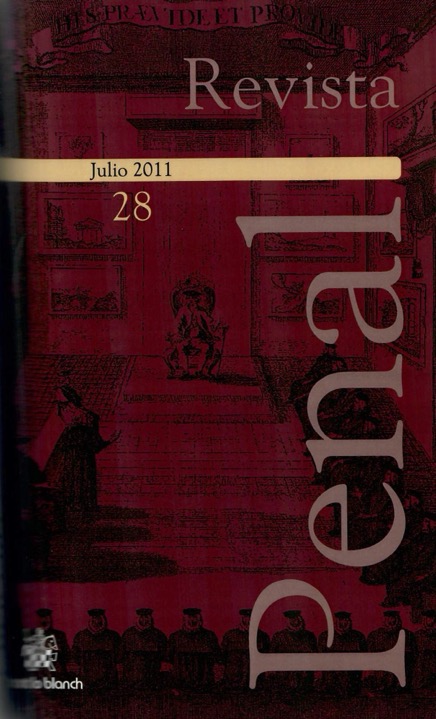Los límites de la amnistía
DOI:
https://doi.org/10.36151/Palabras clave:
amnistía, proporcionalidad, delitos contra la humanidadResumen
Una norma de amnistía es legítima si es una ley de un legislador democrático, si su ámbito de intervención es igualitario y si, en atención a su necesidad y a sus costes, no resulta desproporcionada. En relación con el requisito de proporcionalidad: la amnistía de los delitos de tortura, desaparición forzada y ejecuciones extralegales, arbitrarias o sumarias constituye una vulneración de los derechos fundamentales a no padecer tales agresiones, pues tales derechos incorporan a su contenido directo la persecución judicial y la protección normativa; este coste podría llegar a ser asumible en función de los importantes frutos democráticos que pretenda la amnistía, salvo que se trate de una amnistía radical —que afecte a la totalidad de la represión o a su cabeza—, por suponer una renuncia a la prevención de estos delitos.



